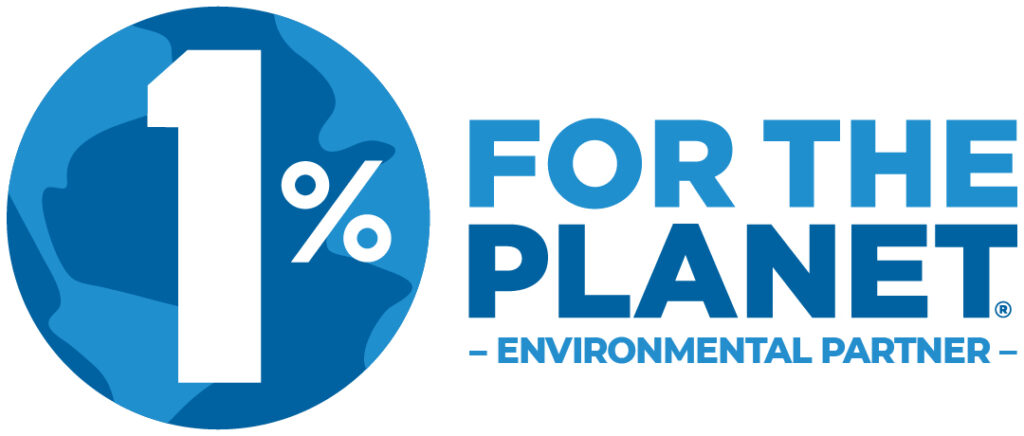Nahant, Massachusetts, January 24, 2023 – The Ocean Genome Legacy Center (OGL) is a new Environmental Partner of 1% for the Planet, an alliance of more than 5,400 business and individual members that give back to support environmental nonprofits.
“At OGL, we are passionate about discovering, preserving, and sharing the spectacular genomic diversity of marine life, and harnessing its incomparable value for the benefit of humanity and the environment,” says OGL’s Director Dan Distel. “Now, this partnership with 1% for the Planet gives us the chance to work with corporate sponsors who share our passion for marine life.”
OGL is now eligible to receive donations from 1% for the Planet business and individual members companies, placing them among a diverse, global network of environmental organizations. 1% members fuel this Environmental Partner network through their annual contributions. Partnership with 1% greatly expands the potential pool of funding to which OGL can look for support.

Funds will go to support the Ocean Genome Legacy Center’s mission to discover, preserve, and share the genomes (DNA) of all marine species to advance research and power breakthroughs that benefit humanity and the environment.
As a newly approved partner, OGL contributes to a healthier planet by giving researchers and conservation managers access to valuable genomic materials and information that they need to preserve and protect marine species, communities, and ecosystems. The knowledge contained in the ocean’s genomes plays a critical role in informing and guiding advancements in conservation, medicine, biotechnology, climate science, and renewable food and energy production. Samples from OGL’s collection have been used to develop new candidate anti-microbial drugs; contributed to a study with potential applications for combating cancer and age-related diseases; and used to develop methods to battle seafood mislabeling. Support from 1% for the Planet members will ensure that OGL will be able to continue to expand its collections and provide support for medical, biotechnological, and environmental research.
“We know our Environmental Partners play a critical role in solving the many challenges facing our planet, and our core work is to grow the support that enables these nonprofits to accomplish even more,” says Kate Williams, CEO of 1% for the Planet. “We are thrilled to welcome OGL to the 1% for the Planet network.
About 1% for the Planet
1% for the Planet is a global organization that exists to ensure our planet and future generations thrive. We inspire businesses and individuals to support Environmental Partners through membership and everyday actions. We make environmental giving easy and effective through partnership advising, impact storytelling, and third-party certification.
Started in 2002 by Yvon Chouinard, founder of Patagonia, and Craig Mathews, founder of Blue Ribbon Flies, our business members and individual members have given hundreds of millions of dollars to our approved Environmental Partners to date. Today, 1% for the Planet’s global network consists of thousands of businesses, individuals, and Environmental Partners working toward a better future for all.
Look for our logo to purchase for the planet, learn more and join at onepercentfortheplanet.org/join.
About the Ocean Genome Legacy Center
The Ocean Genome Legacy Center (OGL) is a nonprofit, marine research organization and biological specimen repository located at Northeastern University’s Marine Science Center in Nahant, Massachusetts. OGL’s mission is to acquire, authenticate, study, preserve, develop, and distribute genetic materials, biological specimens, information, technology, and standards needed to advance basic and applied non-commercial research. By providing secure storage and broad public access to genomic materials and a forum for sharing samples, data, and ideas, OGL aims to serve as a catalyst for research that can help to protect marine ecosystems and improve the human condition.
Learn more at ogl.northeastern.edu.
